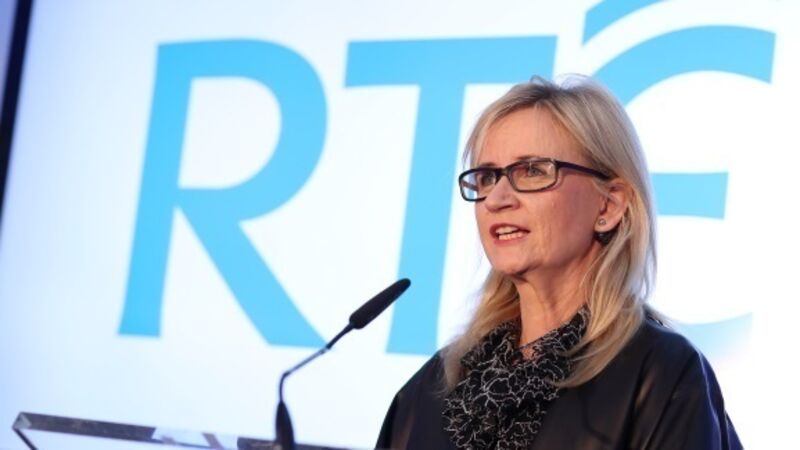We will all end up paying the price for severely diminished Irish media

Contrast that with an episode of Aussie soap Neighbours which is broadcast for only a couple of thousand euro an hour — because another station had the expense of making it.
The business of television is not cheap. These figures were provided last month in an appearance by RTÉ management before the Public Accounts Committee (PAC).

















